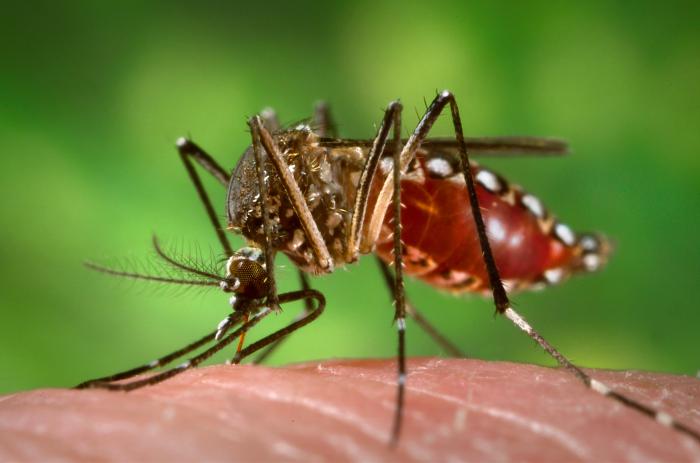 |
Image: Wikimedia Commons, James Gathany |
**__Related stories:__*** linkurl:Evolution, resisted;http://www.the-scientist.com/article/display/56011/
[1st October 2009]*linkurl:Fly sex peptide flips behavior;http://www.the-scientist.com/news/display/53981/
[10th December 2007]
**__Related F1000 Evaluations:__** *linkurl:Proteomics reveals novel Drosophila seminal fluid proteins transferred at mating;http://f1000.com/1159832?key=ywbbmbxj9mzjkj7
G. Findlay et al., PLoS Biology, 6(7):e178, 2008. Evaluated by Timothy Karr, Arizona State University.*linkurl:A receptor that mediates the post-mating switch in Drosophila reproductive behavior;http://f1000.com/1098827?key=kfcv183wj1nsqy
N. Yapici et al., Nature, 451:33-7, 2008. Evaluated by Yadin Dudai, Weizmann Institute of Science.



















